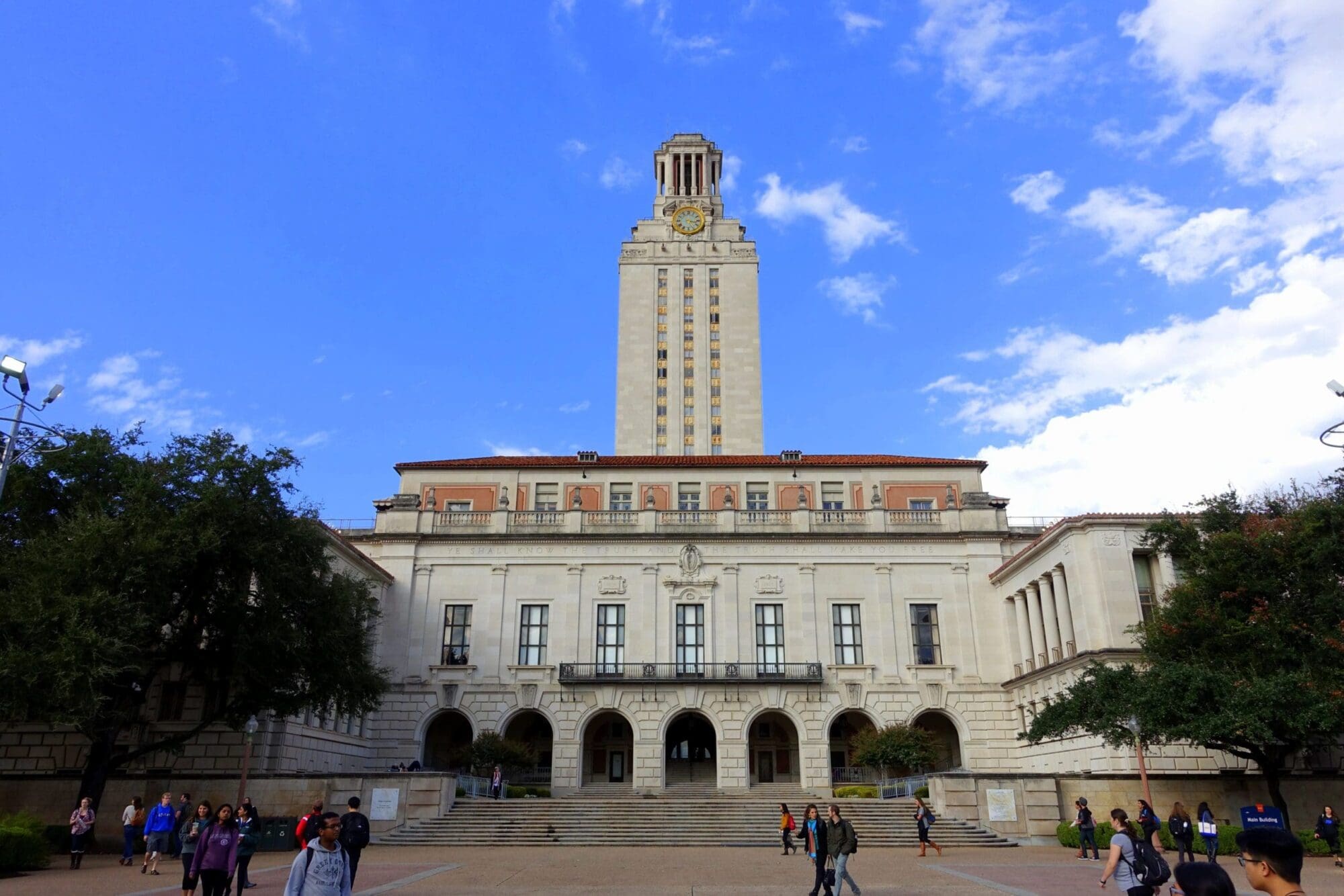For more than 20 years, illegal aliens living in Texas have been allowed to attend public universities and pay “in-state tuition,” a discounted rate otherwise reserved for Texas citizens.
The benefit has been criticized for being a magnet that attracts illegal aliens to the state at the expense of American citizens.
A recent poll of Republican voters in Texas found that 75 percent said they would support eliminating in-state tuition for illegal aliens.
But while legislation has been filed in the Texas House to end the practice, the deadline to file bills came and went on Friday without any companion being filed in the Senate.
House Bill 859 by Bryan Slaton (R–Royse City) and House Bill 3280 by State Rep. Terri Leo-Wilson (R–Galveston) would clarify that “[a] person who is not authorized under federal statute to be present in the United States may not be considered a resident of this state” for the the purpose of receiving in-state tuition.
Chris Russo, the president of Texans for Strong Borders, says the lack of a Senate bill is a “missed opportunity”:
According to a new study from the Federation for American Immigration Reform, Texas taxpayers spend nearly $460 million to subsidize in-state tuition for illegal aliens who have no right to reside in the state. For years, voters have asked for this misstep to be corrected, and State Reps. Terri Leo-Wilson and Bryan Slaton stepped up to the plate with bills to do so.
Unfortunately, no such bills were filed in the Senate, which is a disappointment. This was one of Lt. Governor Dan Patrick’s first campaign promises, an extremely popular issue with Republican primary voters, and a missed opportunity to eliminate one of the many incentives driving illegal immigration to our state.
In fact, the Republican Party of Texas’ platform calls for an end to in-state tuition for illegal aliens.
All hope for the reform is not lost, however. While many bills have companion counterparts in the opposite chamber, this is not a requirement for passage, as the Senate could pass one of the House’s versions of the legislation before sending it to the governor.





